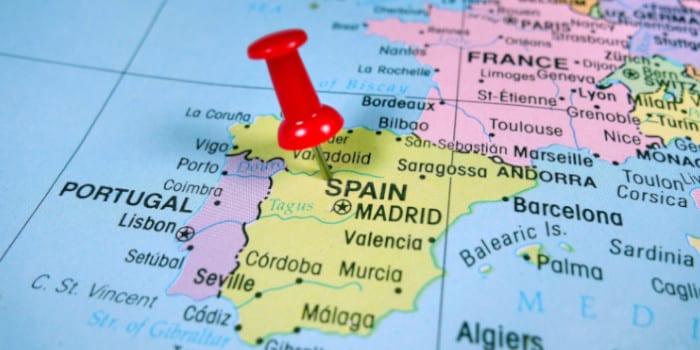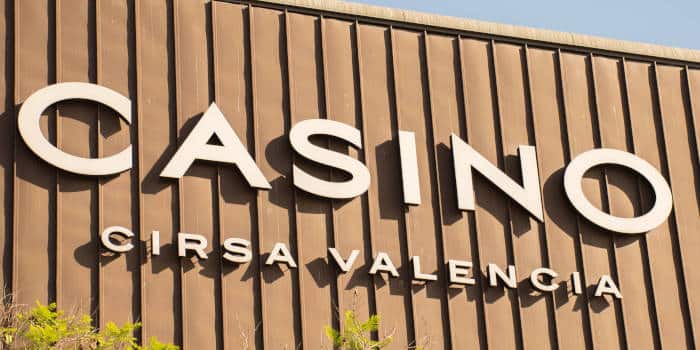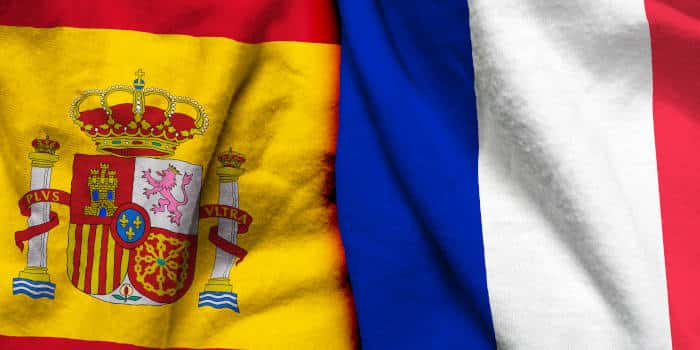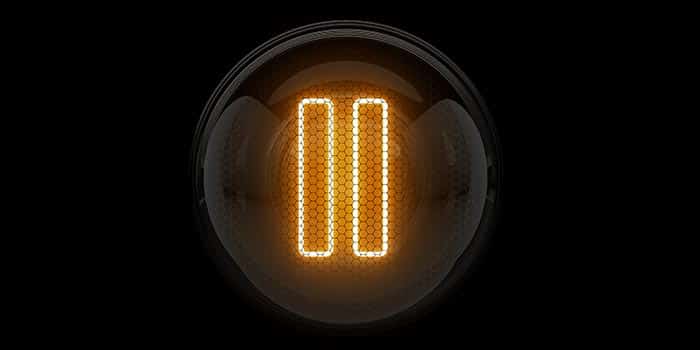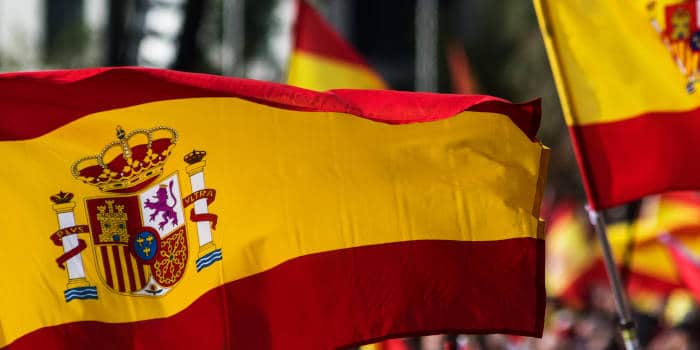- Casino
- By State
- Alabama
- Alaska
- Arizona
- Arkansas
- California
- Colorado
- Connecticut
- Delaware
- Georgia
- Florida
- Hawaii
- Idaho
- Illinois
- Indiana
- Iowa
- Kansas
- Kentucky
- Louisiana
- Maine
- Massachusetts
- Maryland
- Michigan
- Minnesota
- Mississippi
- Missouri
- Montana
- Nebraska
- Nevada
- New Hampshire
- New Jersey
- New Mexico
- New York
- North Carolina
- North Dakota
- Ohio
- Oklahoma
- Oregon
- Pennsylvania
- Rhode Island
- South Carolina
- South Dakota
- Tennessee
- Texas
- Utah
- Vermont
- Virginia
- Washington
- West Virginia
- Wisconsin
- Wyoming
- By State
- Slots
- Poker
- Sports
- Esports
Spain Agrees to Roll in Self-Exclusion Schemes for Gambling

The creation of centralized gambling self-exclusion schemes met the approval of the majority of 17 of Spain’s autonomous communities. Once established by the Gambling Policy Council, the self-exclusion schemes will need the approval of Spain’s central government.
Autonomous Communities Approved Gambling Self-Exclusion Schemes
Autonomous communities in 17 regions in Spain have agreed on introducing centralized gambling self-exclusion schemes. The agreement came following a meeting by the National Gambling Policy Council which was chaired by Minister of Consumer Affairs Alberto Garzón. The majority of the 17 autonomous communities voted for the creation of the self-exclusion schemes, while Catalonia voted against. On the other hand, the Basque Country and Valencian province did not vote on the proposal.
Following the agreement, it is now up to the Gambling Policy Council to determine the standards and requirements ensuring the successful operation of the self-exclusion schemes in each autonomous region. The officials will have a period of four months to complete those tasks and also establish the framework for the self-exclusion schemes, which will need to be approved by the central government in Spain.
Upon the approval by Spain’s central government, each of the autonomous regions will have one year to implement the self-exclusion schemes. Within that period, each region must make the needed technical and regulatory changes to ensure proper integration.
The Self-Exclusion Schemes Received Approval by JDigital
The latest decision by the autonomous communities in Spain met the approval of the online gaming association JDigital. The association which represents 80% of Spain’s licensed gaming operators approved the proposed implementation of centralized self-exclusion schemes. In a statement, JDigital outlined its commitment and readiness to collaborate with the Government. The association vowed to help with the definitions and implementation of the measures. The result of this would undoubtedly going to be a safer gambling environment, added JDigital.
Back in 2015, Spain’s gambling regulator Dirección General de Ordenación del Juego (DGOJ) created an online self-exclusion database called the Registro General de Interdicciones de Acceso al Juego (RGIAJ). In its statement, JDigital outlined that its members are linked with RGIAJ. This way, the association can detect and prevent registrations by users who have previously entered the self-exclusion database.
Furthermore, JDigital added that the commitment of the Spanish operators shows their desire to introduce mechanisms aiming at reducing gambling harm and preventing the development of problem gambling. In conclusion, the association pointed out that it fully supports adequate and fair gambling regulation in Spain.
The latest self-exclusion scheme is only one of the recent changes which the country introduced aiming at reducing gambling harm. Earlier this year, the country temporarily limited gambling advertising because of the COVID-19 pandemic. But this changed in July when Spain introduced a more permanent measure limiting the air of gambling ads to the hours between 1 am and 5 am.
Related Topics:
Mike made his mark on the industry at a young age, consulting for companies that would later become regulators. As one of the lead editor of Gambling News, he dedicates his weekdays to this project, aiming to educate the masses on the latest developments in the gambling circuit. His expertise and passion for the industry make him an invaluable asset to our team.
Must Read
More Articles






Industry
July 2, 2025
Cirsa’s IPO to Seek Valuation of Almost $3B
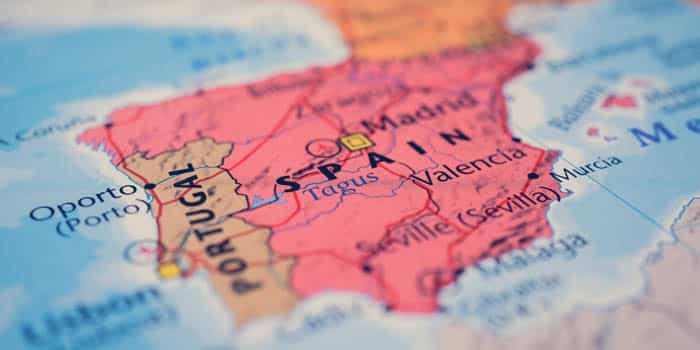
Industry
June 26, 2025
Spain’s Gambling Ad Ban Cuts New Accounts by 55%

Industry
February 11, 2025
DGOJ Welcomed Spanish Operators and Regulators in Latest AML Meeting

Casino
February 7, 2025
Royal Caribbean Drops Wine Bar in Favor of Non-Smoking Casino

Industry
December 10, 2024
Spain Records 14.4% GGR Growth in Q3 2024


